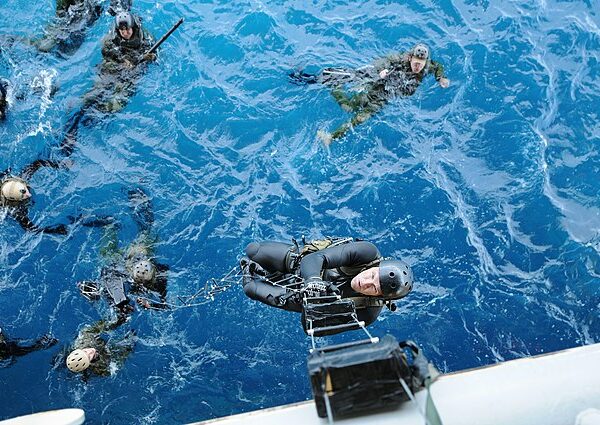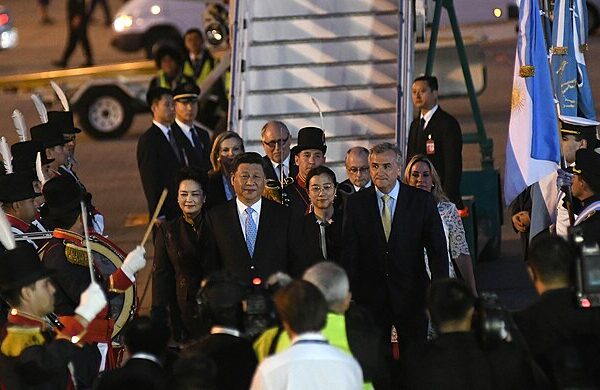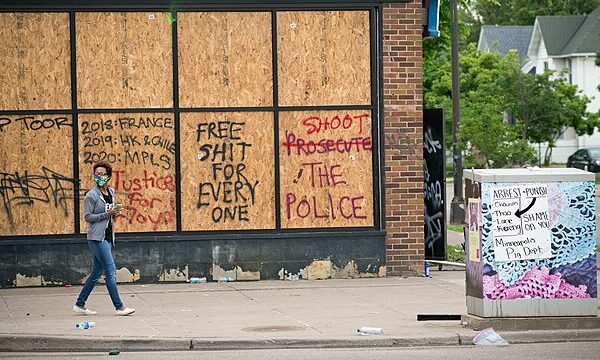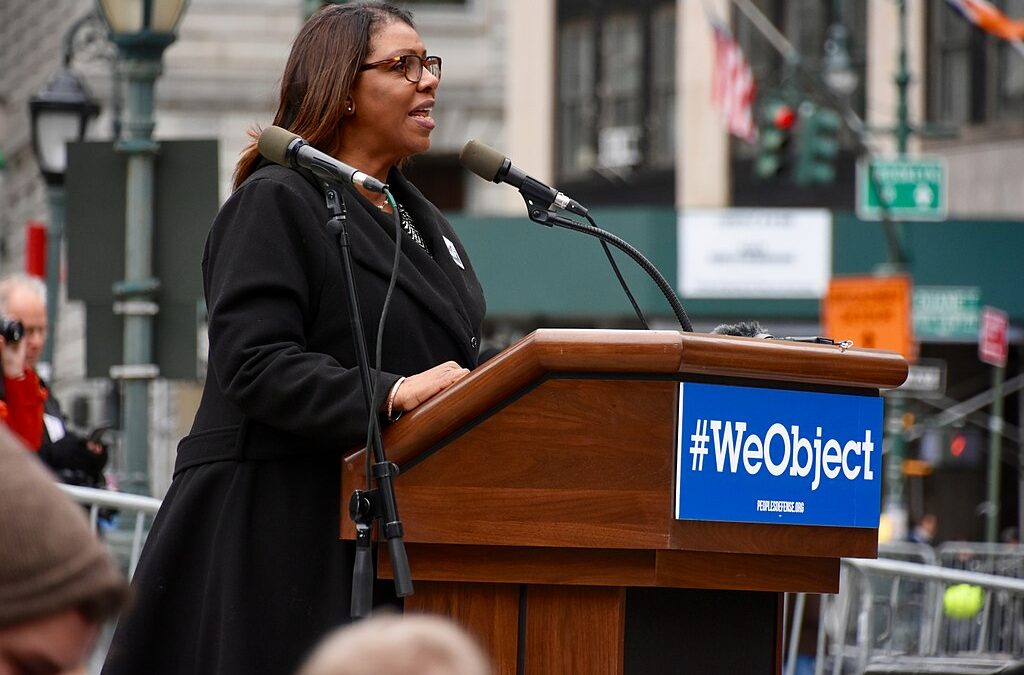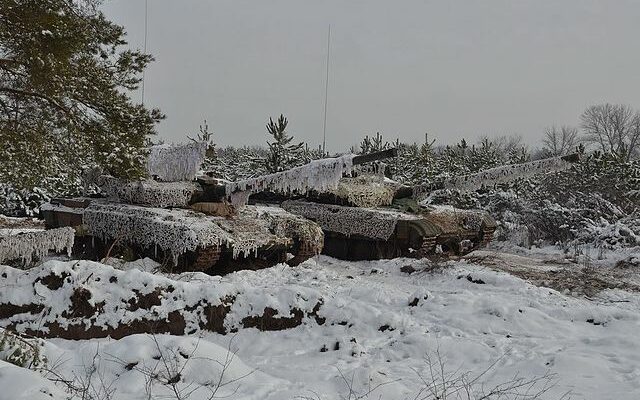
Three years into Russia’s full-scale invasion of Ukraine, the conflict has gone from an existential resistance by Ukrainians into a grinding war of attrition—one that has hollowed out the ranks of the country’s defenders, frayed the nation’s psychological cohesion, and raised unspeakable questions once deemed treasonous. In a astonishing field report translated by Meduza from the Swiss magazine Reportagen, journalist Shura Burtin offers a grim portrait of a society buckling under the weight of war.
The mood in Ukraine has changed, Burtin writes. In the early months of the invasion, the sense of civic purpose and volunteerism had been nearly euphoric. Now, fear of conscription haunts the streets like a ghost. In Kyiv, once insulated from the front’s horrors, young men dodge “TRC” patrols—the Territorial Recruitment Centers that now operate as paramilitary press gangs, dragging men from subways and street corners into boot camps, often through brute force. What began as enlistment by patriotic choice has devolved into what Ukrainians now call “busification”: forced mobilization by state patrols, indifferent to medical fitness or professional skill.
The front is collapsing in slow motion. According to Burtin’s on-the-ground conversations, desertion is rampant. Units operate at 20 percent strength. Wounded men lie unrecovered for days, and medics speak of amputations and death not as tragedy but as routine. Drones—Russia’s increasingly dominant weapon—have rendered trenches obsolete, leaving soldiers no option but to live buried like vermin in dugouts, hunted from the air with relentless, inhuman precision. Combat is now a function of algorithmic annihilation, and the ancient illusions of battlefield glory have been replaced with FPV drone footage of soldiers writhing in mud.
This mechanized slaughter has pushed the Ukrainian military to conscript by coercion and to hold the line not by morale but by inertia. Burtin recounts grotesque scenes—men mutilating themselves in military offices, one man shooting a TRC officer to save his brother-in-law from the draft, and psychiatric wards filling with conscripts who would rather be declared insane than serve. The Ukrainian state has no legal mechanism for conscientious objection; even prison is not a viable alternative. Those caught trying to flee the country are publicly humiliated, beaten, or imprisoned. And yet, a booming black market smuggling operation thrives, as thousands risk death crossing into Moldova or Romania—often through forests, minefields, or freezing swamps—to escape the war machine.
But what’s most striking in Burtin’s report is not the chaos or cruelty, but the silence. Veterans who once exhorted others to stand for their country now go AWOL. Friends stop messaging each other from the front—not out of indifference, but because words feel inadequate. The slogans—“Victory is near,” “Glory to Ukraine”—ring hollow to even some of the most loyal patriots. Even the once-fanatical national consensus is fraying. On trains and in cafés, ordinary people now say aloud what was previously unutterable: this must end. What was once considered defeatist is now becoming common sense.
The psychological rupture is not only horizontal (between civilians and soldiers) but vertical—between the rank and file and Ukraine’s leadership. President Volodymyr Zelensky’s firing of General Valerii Zaluzhnyi for speaking candidly about a “strategic deadlock” was perceived by many as a betrayal of truth. Meanwhile, corruption, kickbacks, and hollow bureaucracy pervade the military’s procurement process. Soldiers report having to siphon diesel, fake paperwork, and bribe commanders for decent equipment. “It’s a Soviet army fighting a Soviet army,” one deserter posted, in a statement that was reposted over 10,000 times.
The war has not only devastated Ukraine’s population but deformed its moral landscape. Drone operators, once eager to avenge their fallen comrades, now wrestle with what it means to watch, in real-time, as human beings are dismembered like game animals. “You get a taste,” one says, “and you’re not walking away. It’s a drug.”
And yet, astonishingly, through all of this, the system still holds. As one soldier told Burtin, “Life keeps winning over death, somehow—don’t ask me how.” This may be the final mystery of Ukraine’s war: that amid cynicism, decay, and betrayal, some elemental, stubborn core refuses to collapse. It’s a nation that just won’t die or give in to Russia.
Whether this is courage or foolishness remains open to interpretation, but it does explain why Donald Trump, no doubt having the same intelligence and knowledge of the ground as Burtin, recently reacted the way he did to Zelensky at the White House. The president has repeatedly claimed he wants the war to end. With Ukraine’s mobilization crisis deepening and faith in political leadership evaporating, a negotiated peace with concessions—once unmentionable—is no longer taboo among the Ukrainian people, at least according to Burtin’s field report.
The question remains: can Trump pull it off with Ukraine remaining intact, even partially? Can he bring Putin to the negotiating table?
[Read More: GOP Office Firebombed]

